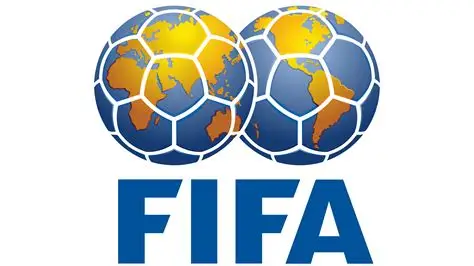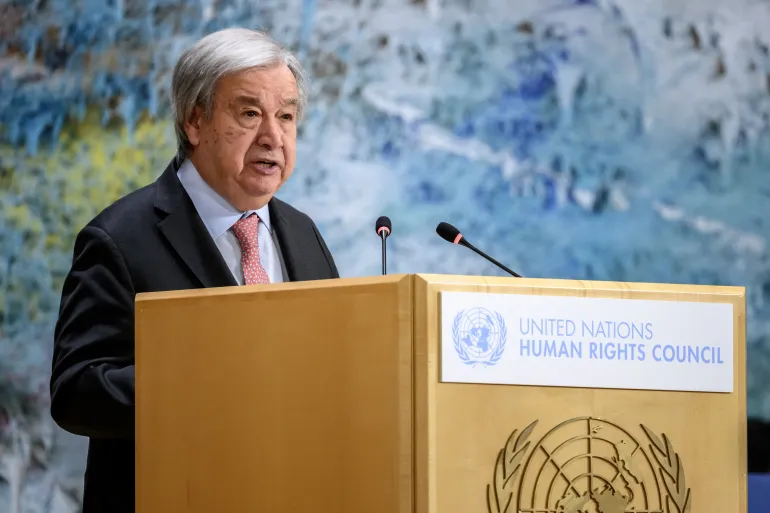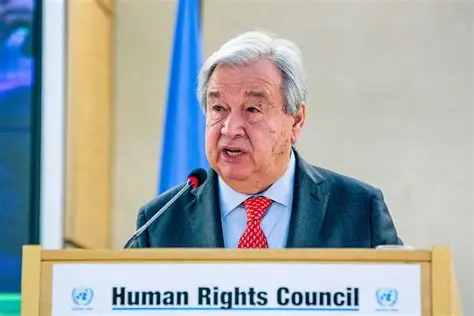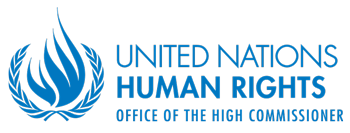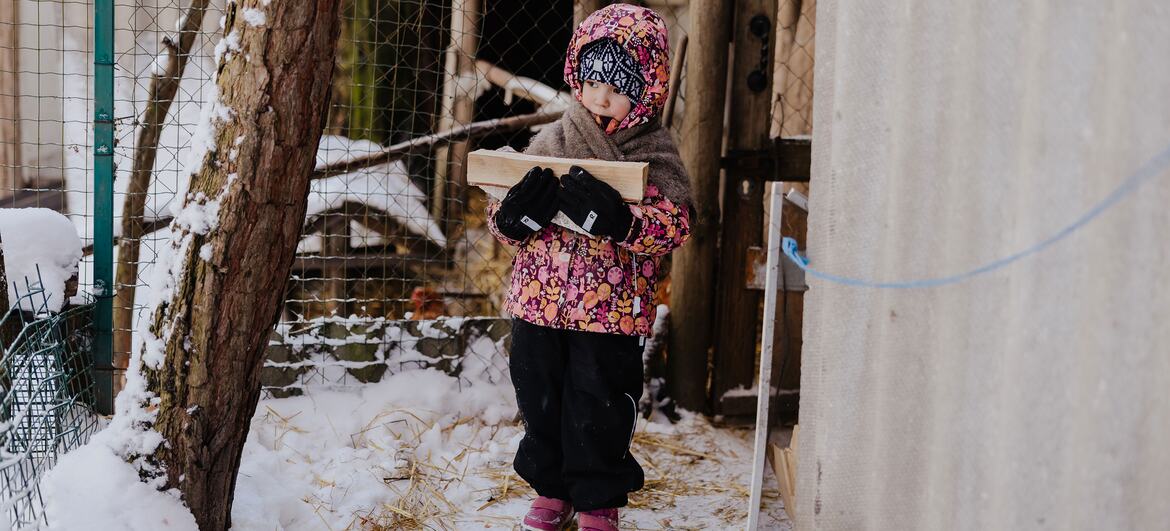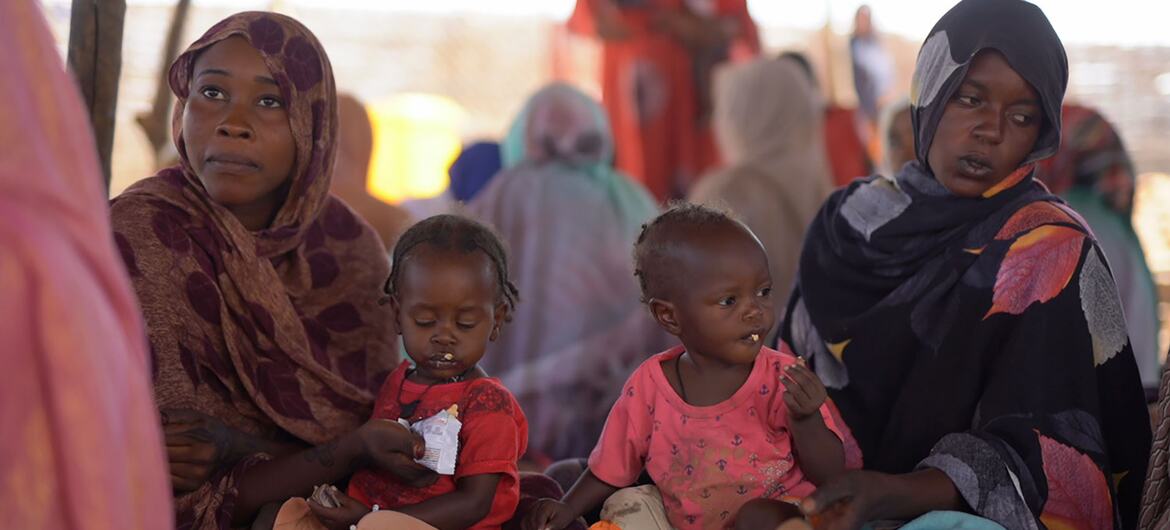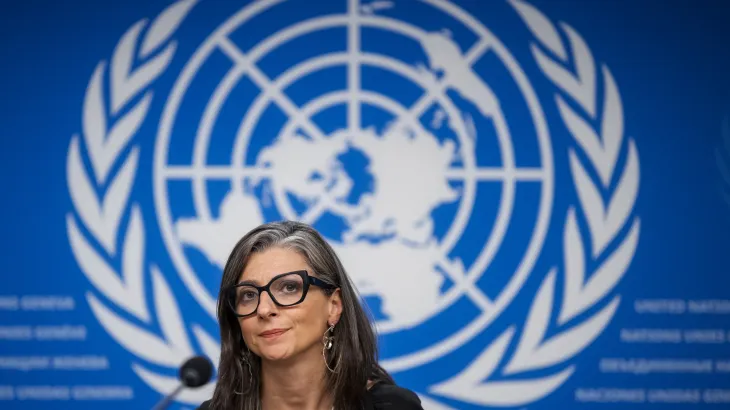The Politics of Survival in a Burning World

At Oxford University on June 3rd, the United Nations’ top human rights official delivered a clear-eyed warning: humanity’s fate is inextricably linked to the health of the planet, and the clock is running out. Speaking as part of the Tanner Lectures on Human Values, the UN High Commissioner for Human Rights painted a grim portrait of a world in ecological freefall, mired in inequality, and governed by outdated models of power and profit.
The lecture, delivered in the hallowed halls of Oxford, was no gentle appeal to conscience. It was a rallying cry for political transformation, legal accountability, and a deep reimagining of humanity’s relationship with nature. The Commissioner laid out a four-part blueprint for planetary survival, rooted not only in environmental science but in international human rights law, historical redress, and political courage.
If the message sounded revolutionary, it was grounded in a sobering reality: nearly half the world’s people live in areas where climate disasters are 15 times more likely to kill. A million species face extinction. The global food system simultaneously wastes billions of tonnes of produce while leaving millions to starve. And a powerful fossil fuel lobby continues to delay action, aided by governments that subsidise destruction while preaching sustainability.
The speech did not spare wealthy nations. The Commissioner cited data showing that the richest 1% of the global population emit more carbon than the bottom two-thirds combined. The call was clear: the polluters must pay—not just for mitigation and adaptation, but for the irreparable loss suffered by vulnerable communities.
But the lecture was not all fire and brimstone. It also celebrated progress: the rise of legal movements recognising the rights of nature, from Ecuador’s constitution to New Zealand’s Whanganui River; the Paris Agreement, still humanity’s best hope; and the recent advances in renewable energy, with 90% of new power capacity in 2024 coming from clean sources.
The Commissioner backed emerging proposals such as a fossil fuel non-proliferation treaty, new global taxes on billionaires, and binding legal frameworks that could make ecocide a crime under international law. “Nature has a strategy,” they said. “Do we?”
In tone, the speech blended the moral urgency of Pope Francis’s Laudato Si’ with the analytical rigour of a court filing. Transitional justice—a model used to help countries recover from war or dictatorship—was presented as a framework for addressing historical climate harm. Reparations, commissions of inquiry, and truth-telling were all floated as necessary instruments for healing and accountability.
Perhaps most striking was the attack on the illusion of human supremacy. “We are not above nature,” the Commissioner insisted. “We are part of it.” The address challenged deeply embedded narratives of control and dominance, arguing that the same ideological roots behind environmental degradation—extraction, hierarchy, violence—also underlie racism, colonialism, and authoritarianism.
Unusually for a UN speech, there was a direct swipe at the tech elite, particularly those developing AI without oversight. The Commissioner warned of the environmental costs of data centres, the social damage of unregulated platforms, and the danger of leaving such power in the hands of “a few billionaires with authoritarian tendencies and cultish spiritual aspirations.”
In an age where facts are disputed and science is politicised, universities were praised for holding the line. Oxford itself, the Commissioner said, embodies both ancient wisdom and future potential—an apt place to call for a new form of politics.
It was a lecture as much about governance as about glaciers; about democracy as much as deforestation. And it ended on a note of cautious hope. Like the three-eyed chameleon, the Commissioner urged leaders to look backward to learn, remain vigilant in the present, and keep one eye fixed firmly on the generations to come.
A politics of survival, it seems, will demand nothing less.


